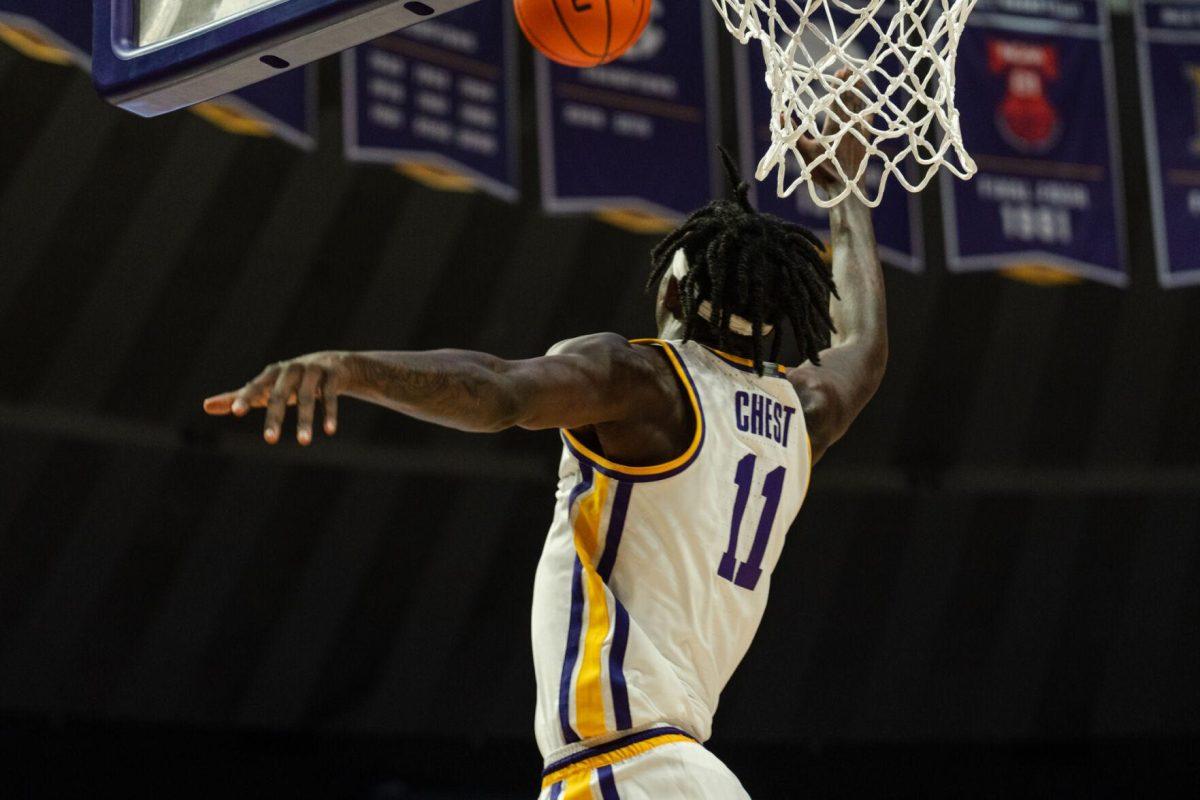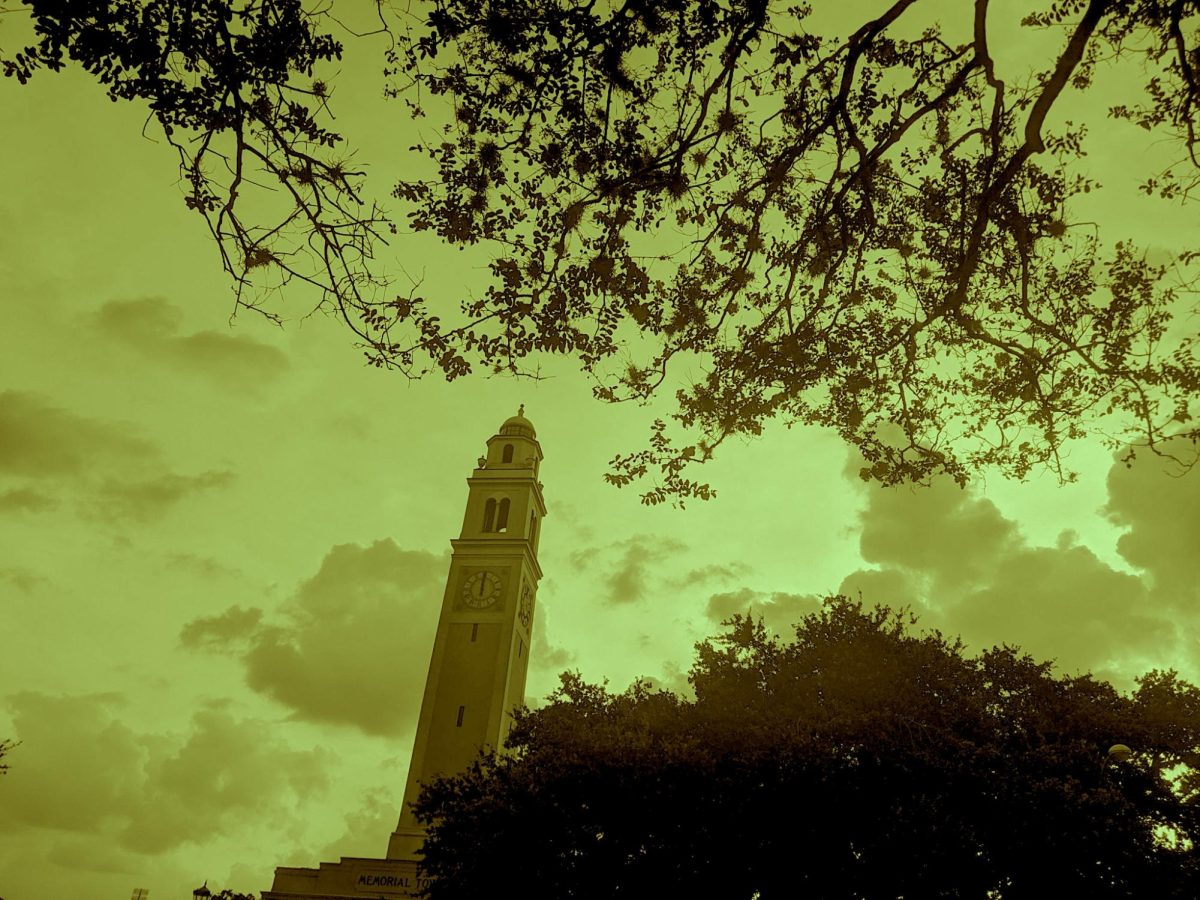Airport security personnel — these stern, unsmiling faces are the first people many international students see when they arrive in the United States. They wear uniforms and carry guns. They ask questions such as “Why do you want to study in America?” and “How long will you be here?”
They can be intimidating. For international students, they are the ticket out of the airport.
Over the course of the year, about 2,000 international students have become ingrained in to the community, and according to Michael Bustle, director of the Office of International Scholarship and Student Services, 60 of these students are finishing up their first year at N.C. State. They have taken classes, joined clubs, lived in residence halls and eaten in the dining halls — they have experienced what many see as traditional, American college life.
And, for three students who arrived in the United States this year, they love it.
According to Bustle, not only do international students — as a group — have the highest GPAs and great SAT and GRE scores, they also get involved in the University and Raleigh communities.
“They’re the best and brightest students from their country,” he said. “They work hard, but they don’t just sit in the library and study all the time. They’re reaching out and trying to understand American culture.”
Many grade school teachers in Wake County, according to Bustle, ask international students to speak to their classes about the student’s culture, dress and language of their native country — oftentimes, the student teaches the class a few phrases in that language.
“They’re making an impact on the community. I hope they influence students to learn more about other cultures,” Bustle said.
International students, like the classes some speak to, also have much to learn about and grow accustomed to American culture upon their arrival in the United States.
Gina Bressani, a freshman in engineering, chose the University because of its recognized agriculture and engineering colleges — both of which encompass her specific concentration. She said, though it was a bit of a culture shock coming from Guatemala, her first year has proven to be, overall, a wonderful experience.
“It was hard at first because I didn’t know anybody. I was not only changing from high school to college; I was changing everything — the culture, language and way of life. It was worth it,” Bressani said.
One feature that made the transition a bit easier was living in Alexander, the international residence hall, Bressani said. Alexander’s international residents are paired with an American resident — one who is able to navigate around campus and Raleigh, and who can help his or her roommate adjust to life in the city.
“Everyone in Alexander is in the same situation — everyone’s changing their culture,” Bressani said.
Eduardo Reyes, a freshman in business management, is also from Guatemala — three of his siblings have graduated from the University, and two are in the process of completing their degrees. Almost as soon as he arrived in his room and put his bags down, he said a group of people invited him to a party, where he met new friends. The next day, he played soccer with the same group of people.
“Everybody knows each other. I haven’t seen many other dorms, but the type of people that are here are so nice,” Reyes said. “The environment is nice — we have poker nights. We go out. We play soccer.”
Sebastian Corredor, a freshman in political science, said he agreed with Reyes.
“Alexander is the best hall. The Americans who come here all love it,” Corredor said.
For spring break, many Alexander residents went to the Bahamas on a University Housing sponsored trip — both Corredor and Reyes went.
“It was really nice, really fun. It was good to be over age again,” Corredor said.
Corredor, who is originally from Colombia, moved to Minnesota to complete his senior year. He chose to go to school in North Carolina because the winter in Minnesota, which he said lasted six months, was too cold. Though he said the weather in N.C. is erratic, he finds it much better than Minnesota winters.
Upon his arrival, he said the three distinct differences between North Carolina and Colombia were the drinking age, which in Colombia is 18 and very loosely enforced, the lack of good public transportation and the Southern accent.
“There are 8 million people living in [Bogota], so the public transportation is very good,” Corredor said. “Here, it’s just so difficult to move around. Everything is so spread out.”
The amount and availability of fast food restaurants, according to Reyes, is the greatest difference between here and Guatemala.
“There were the same fast food restaurants back home, but I didn’t eat there as much as I seem to here,” Reyes said.
The amount of cultural differences, though numerous, have not discouraged these students from staying. They all plan to stay for the summer and, ultimately, complete their undergraduate degrees here.
Corredor plans to get his master’s degree in the U.S., but plans to travel first.
“I will probably work abroad for a while — I really like to travel,” Corredor said. “If I’m in one place too long I get bored.”
Reyes, on the other hand, plans to work in North Carolina for a year after graduation before going home to Guatemala.
Though all three students plan to graduate from the University, most international students, according to Bustle, are study abroad and exchange students from Western Europe, Canada, Australia and Japan. The total amount of international students who plan to complete their undergraduate degree here — 1 percent of the total undergraduate population — is the lowest among all peer institutions.
This percent, Bustle said, is due to a lack of scholarships geared specifically toward international students. In fact, international students who wish to enroll here are given no financial aid or scholarships.
“[N.C. State] is a land-grant college. Our mission is not to recruit lots of international students; it is to meet the needs of the residents of North Carolina,” Bustle said. “However, we would love to see some scholarships for undergrad international students. [The cost of out-of-state tuition] is a real disincentive to come here to study.”
Bustle said he encourages a strong relationship between American and international students. Graduates, he said, are and will be working with people from all countries and cultures.
“Employers are telling us, ‘We want your graduates to not only be very good in their technical field, but also be able to get along with, work well with and communicate with people of other cultures and know other languages.’ It’s a big deal if a student fails because of cultural issues,” Bustle said.
This connection starts with international students and study abroad programs, Bustle said. For the international students finishing their first year, the transition to American life, culture and language was worth the outcome.





